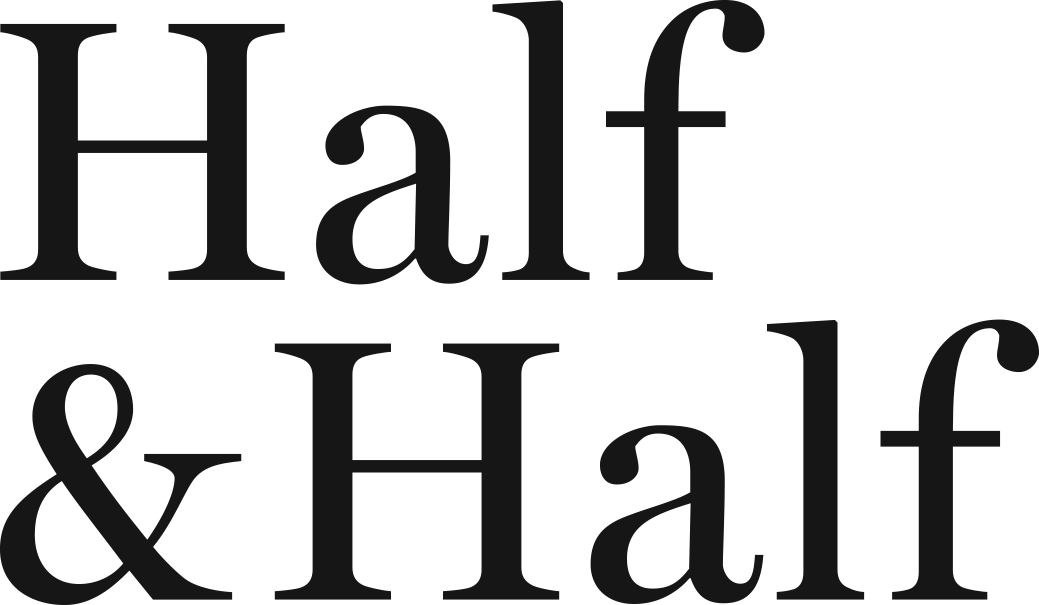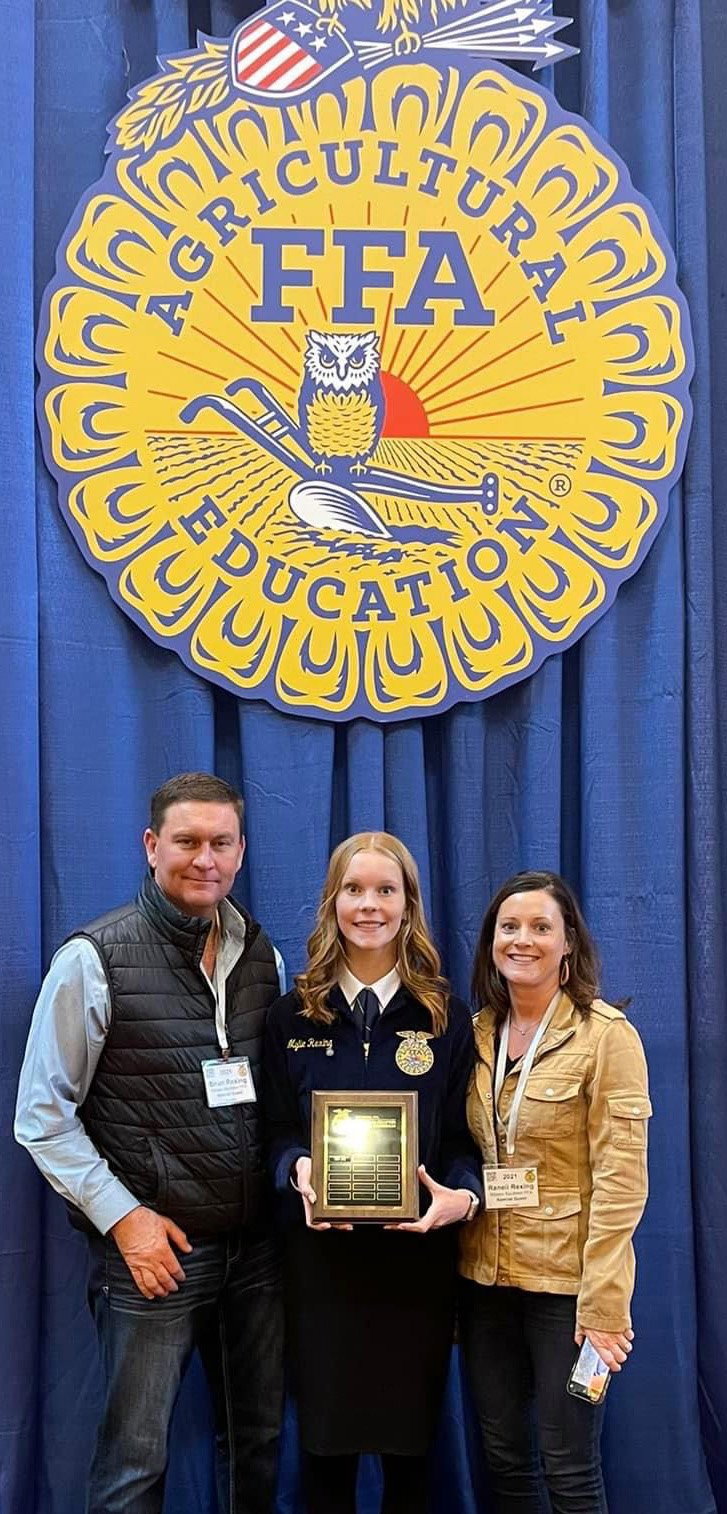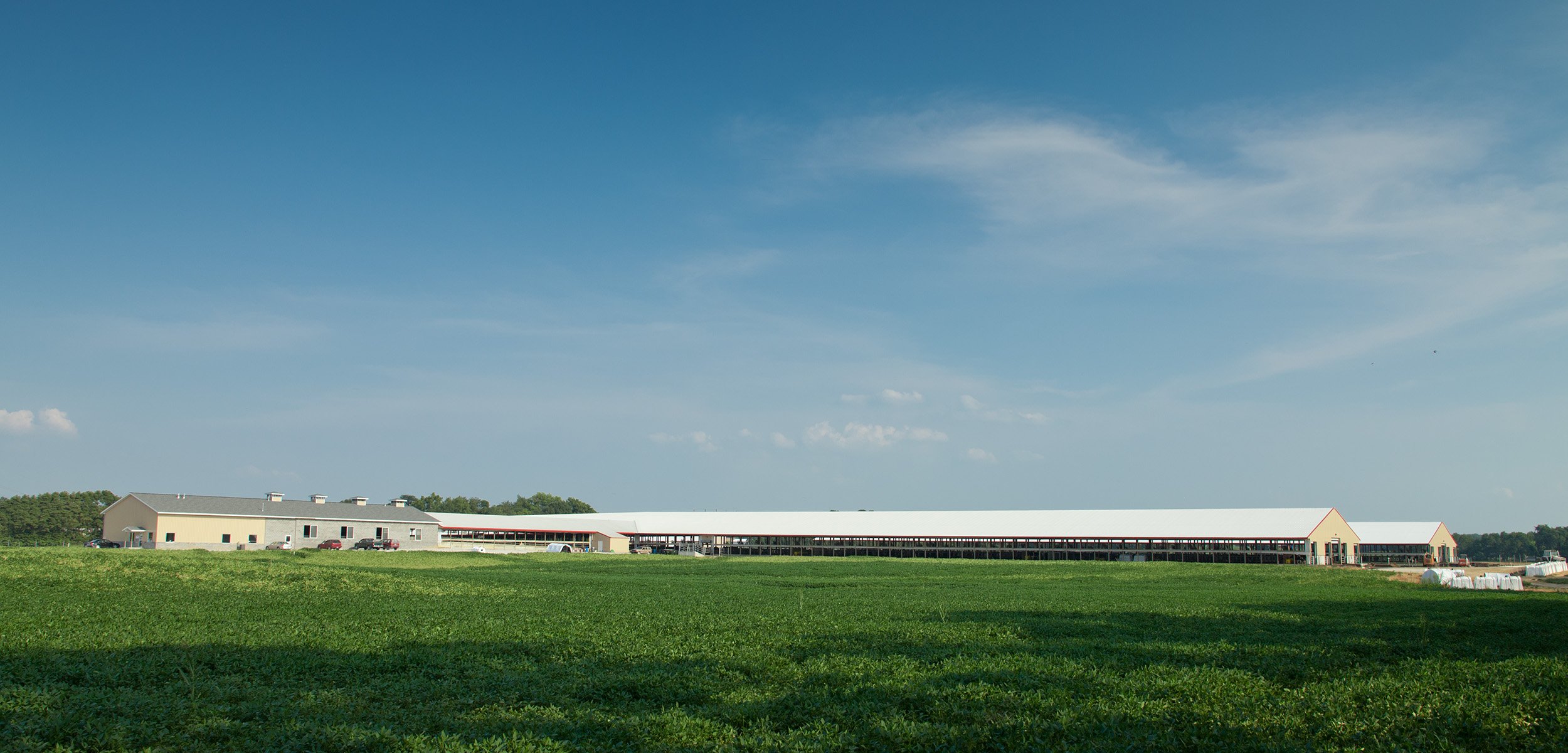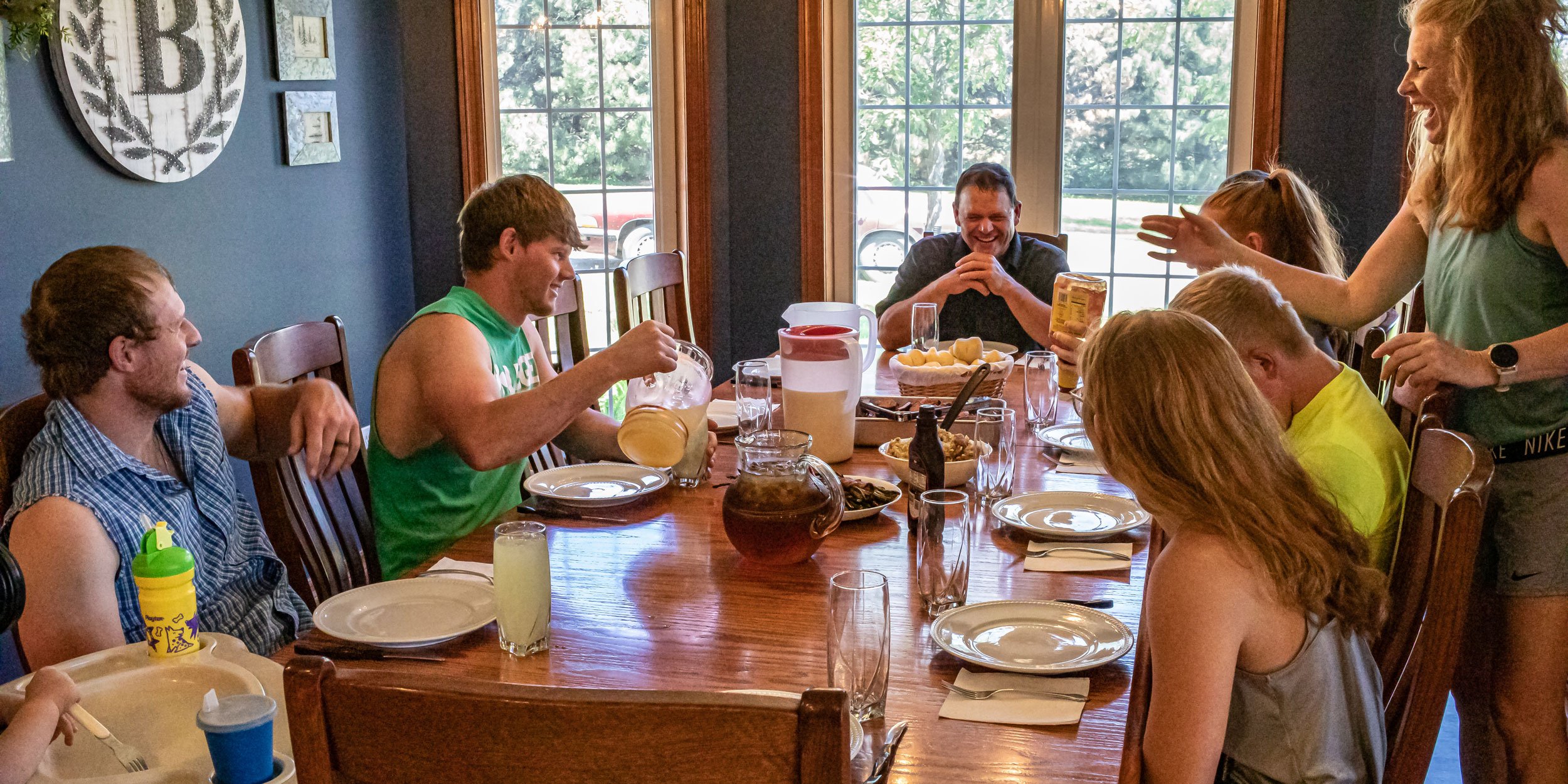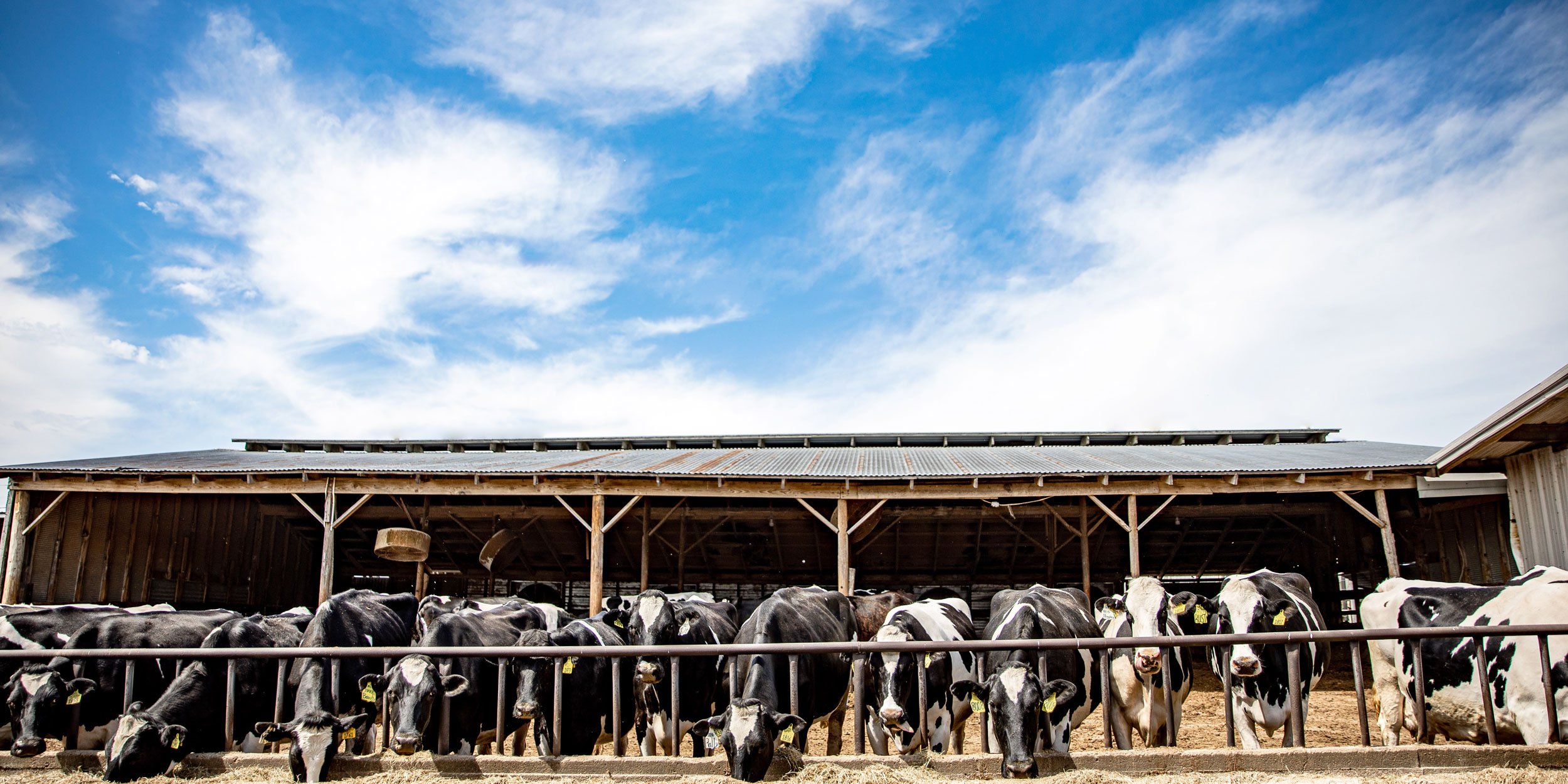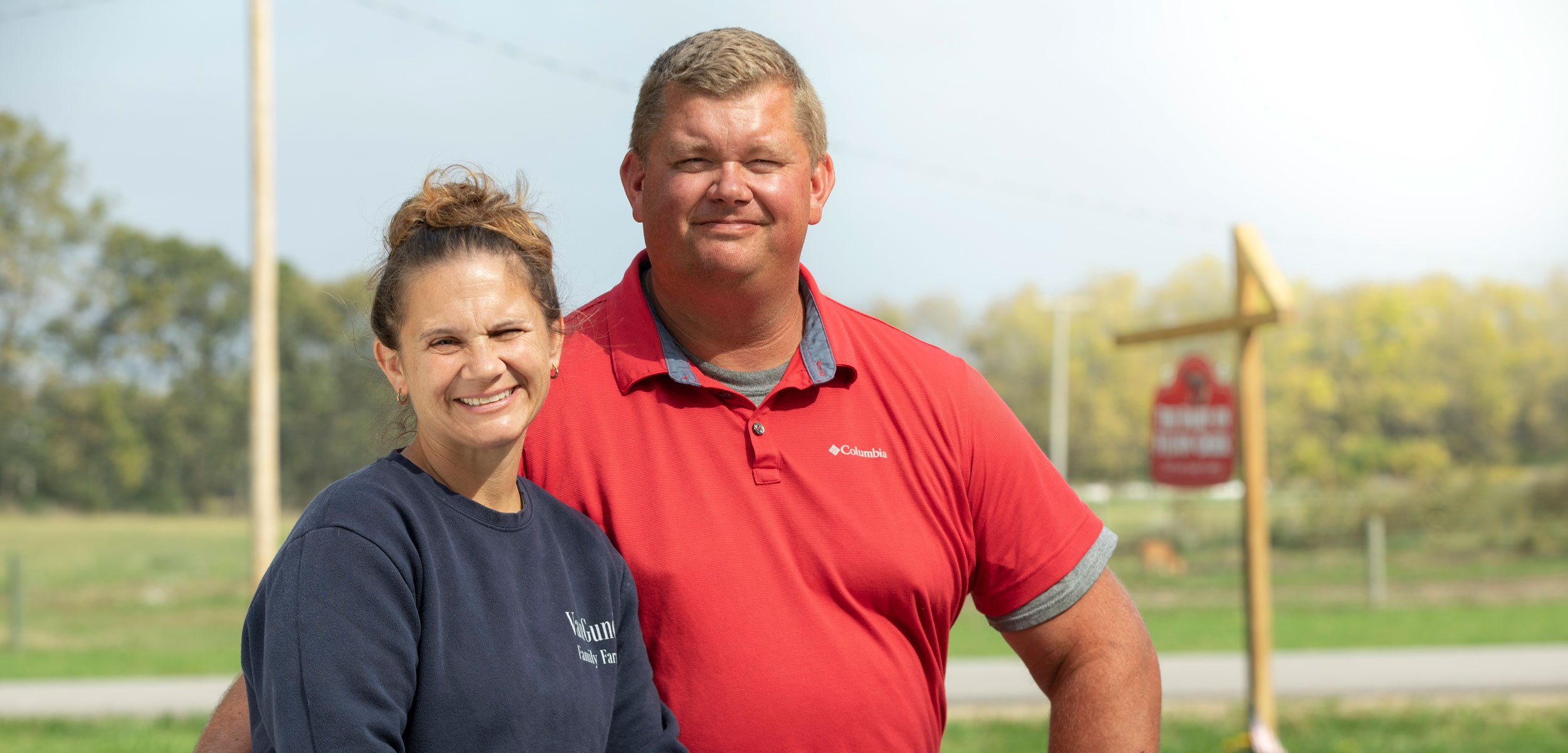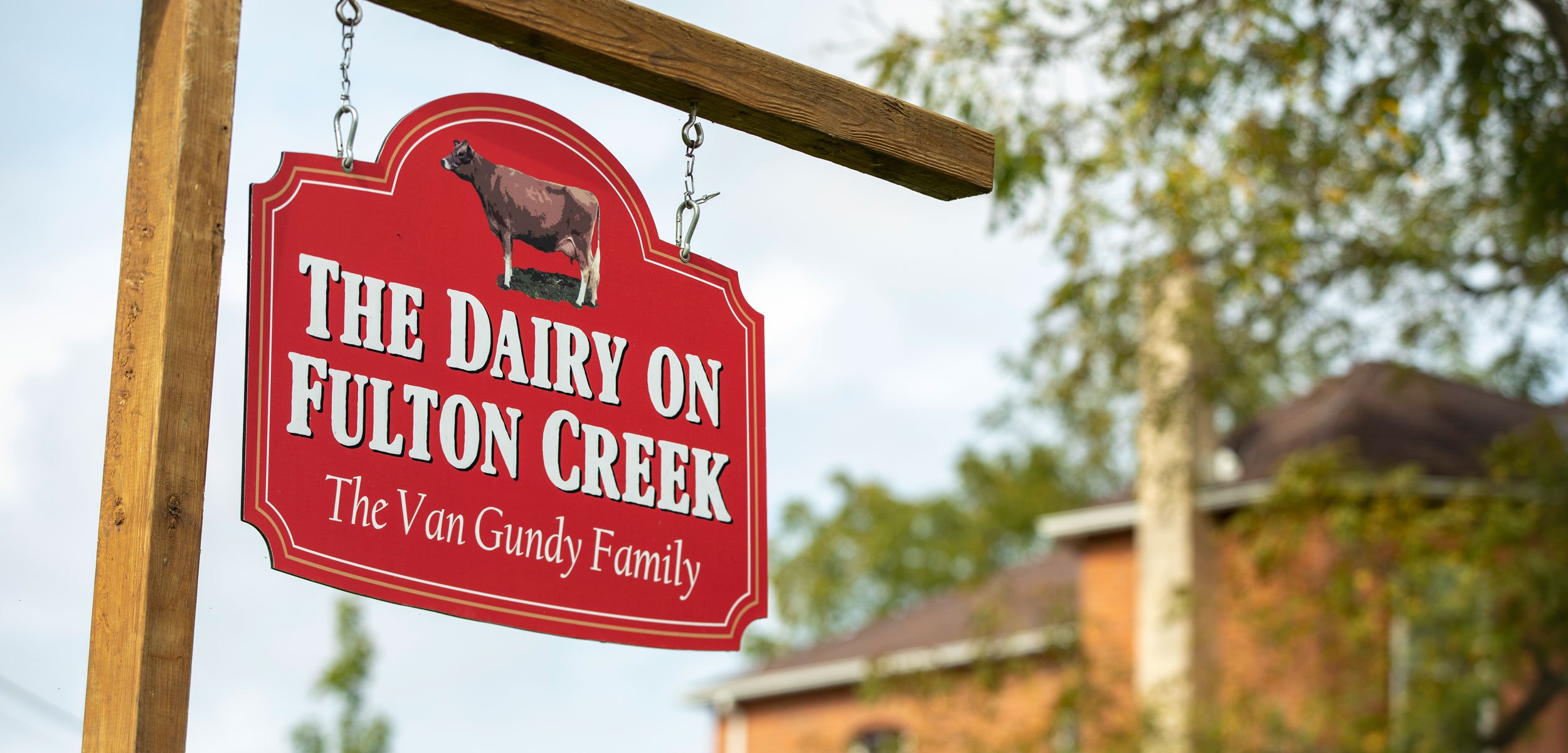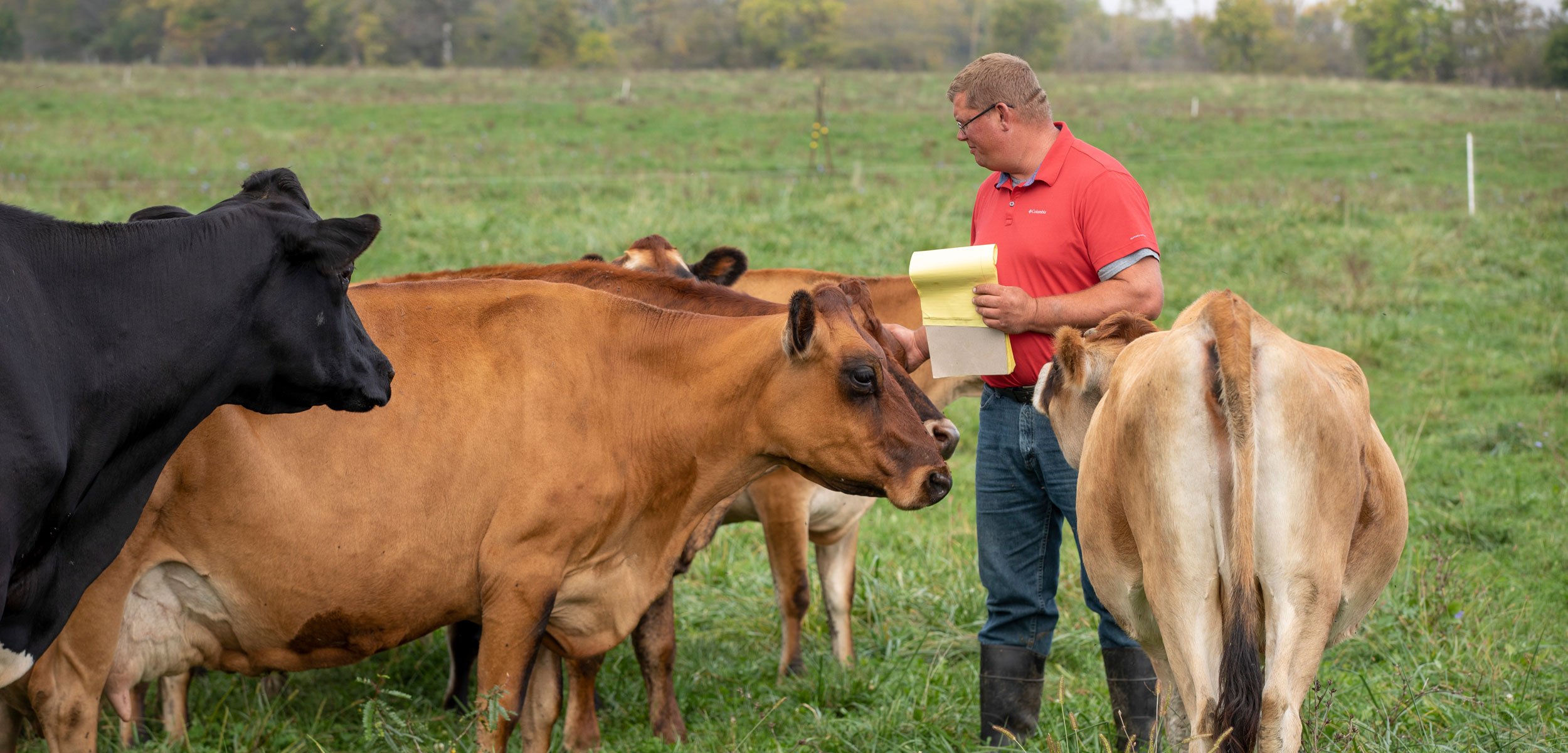A new beginning
The family pulled up their roots in Washington state and journeyed to Idaho in the 1990s, and it all started with an advertisement in a dairy magazine recruiting dairies to come to Idaho. “Because of the economies of scale and because we were a large family, we started growing, and I think part of the reason we made the move was to keep everybody involved,” Mike says.
Five of the eight siblings moved with their parents to Idaho and three stayed in Washington, with one transplanting to Idaho later. “It was a leap of faith,” Mike says. “We wanted to grow, and Idaho was the opportunity we were looking for. My mom and dad were in their 60s, and lock, stock, and barrel, moved to Idaho, and it became our new home.”
A culture of caring
As the farm grew over the years, Mike credits his sister Judy with nurturing the relationship with employees, many of whom are Hispanic.
“She worked with the Hispanic population, having never studied Spanish in school, and became fluent. It’s just amazing how she did it,” he says. “She really became the conduit for the family with the Hispanic community, and she became involved with the employees. She’s just a real giving person. So, she created that culture in the beginning. Plus, my mom and dad were real caring people, too.”
Now, with roughly 8,000 cows, Mike values the family’s tradition of providing helpful resources, comfortable breakrooms and a comprehensive benefits package for their employees. To ensure staff members understand expectations, have the resources and training to care for their cows and are committed to their operational values, employees are required to regularly attend trainings on cow comfort, worker safety and continuing their on-farm practices.
In addition, once a month, Fridays at Si-Ellen Farms turn into pizza Friday. With 150 employees on their operation, that’s a lot of pizza to provide, but Mike and the rest of the Roth family value the collaboration it builds within their workforce.
“The employees know they don’t have to bring lunch on that day, and food is a good equalizer,” Mike says. “They just love it.”
Like any business, he says they have some employee turnover, but many of the employees have worked on the dairy for years. “Creating the right culture helps to retain employees, obviously, and it helps to attract new employees,” he says.
Keeping employees safe
The COVID-19 pandemic didn’t leave the farm and its employees untouched. “We’ve had quite a few cases despite taking precautions,” Mike says.
Once vaccines started becoming more widely available, the farm hosted a COVID-19 vaccine clinic on-site in April of this year and again for the second dose in May. Partnering with a local pharmacy, the clinic administered more than 50 vaccines to employees. Si-Ellen Farms has about 150 employees, and many of them had already received the vaccine.
But for those who didn’t, the clinic provided an easy way for employees to get the vaccine — without needing to figure out where to go or how to make an appointment. Mikes says he and his wife struggled to figure out how to get their own vaccines when they became available, and their daughter ended up helping get them signed up. He says the clinic on the farm took the stress of it away for employees and he commends his office staff for coordinating it.
The farm even provided an additional bonus to employees who got the vaccine — a case of Chobani® yogurt.
Giving back to the community
For the Roths, it is important to show their appreciation for their employees’ passion, so they continue a tradition their parents helped create by hosting regular events for their employees and their families, such as a holiday party featuring Santa Claus handing out presents to each child.
“We’re proud of what we’ve done and are doing,” Mike says.
In addition to caring for the farm’s employees, Mike and his family care about their community too — because their employees are part of the local community. One way the farm has helped give back to the community is through fundraisers for Voices Against Violence, a shelter in Twin Falls, Idaho, that helps survivors of violence, including domestic violence. Mike’s son Evan led the charge for these fundraisers.
“We have helped raise hundreds of thousands of dollars for this shelter,” Mike says. “It is very gratifying, and I think it helped them tremendously.”
By caring for their loyal employees and community, Mike and his siblings can be sure their dairy farm continues to operate as a family — by everyone who calls Si-Ellen Farms home.
